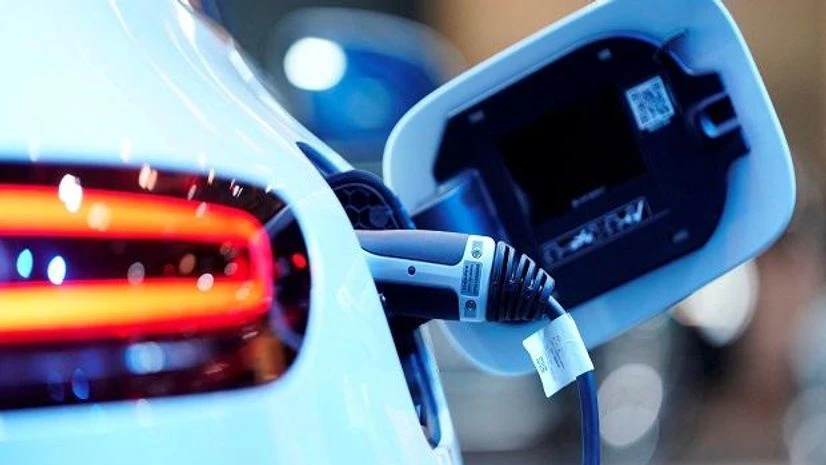In a strongest challenge to Elon Musk's Tesla in the electric vehicle (EV) market, Mercedes-Benz has unveiled its long-range 'Vision EQXX' concept car that travelled over 1,000 kms on a fully charged battery -- longest-ever distance covered by an EV on a single charge to date.
According to the automaker, the journey from Germany to the south of France started in cold and rainy conditions, and was undertaken at regular road speeds, including prolonged fast-lane cruising at up to 140 km/hour.
"The battery's state of charge on arrival was around 15 per cent, amounting to a remaining range of around 140 kms, and the average consumption was a record-breaking low of 8.7 kWh per 100 kms," the company said in a statement.
The route profile - from motorway to mountain passes, including roadworks - and the weather conditions presented the Vision EQXX with a wide variety of challenges.
According to the company, the lightweight design concept of the VISION EQXX is comprehensive -- from the materials used to innovative bionic structures that deliver a favourable power-to-weight ratio.
Also Read
The car has sustainable carbon-fibre-sugar composite material used for the upper part of the battery, which is also used in Formula 1, and the rear floor manufactured using an aluminium casting process.
The innovative design approach resulted in a weight saving of up to 20 per cent compared to a conventionally manufactured component.
"The EVA is the most efficient Mercedes ever built. The technology programme behind it marks a milestone in the development of electric vehicles. It underpins our strategic aim to aLead in Electric'," said Ola Kallenius, Chairman of the Board of Management of Mercedes-Benz Group AG.
Since the electric drivetrain generates little waste heat thanks to its high efficiency, passive cooling is sufficient throughout the journey, said the automaker.
The aerodynamically highly efficient solution increases the range by 20 kms.
The VISION EQXX has unequivocally proven the real-world potential of outstanding efficiency for electric vehicles," said the company.
The Mercedes-Benz EV poses a tough challenge to other electric luxury sedan leaders, including the Porsche Taycan, Audi E-tron GT, and the upcoming Tesla Roadster.
The automaker plans to go fully electric by 2030, setting a target for half of its global sales to comprise plug-in hybrids and EVs by 2025.
Mercedes' lineup will have nine models by the end of the year, including electrified versions of its E-Class and B-Class vehicles.
(Only the headline and picture of this report may have been reworked by the Business Standard staff; the rest of the content is auto-generated from a syndicated feed.)

)
